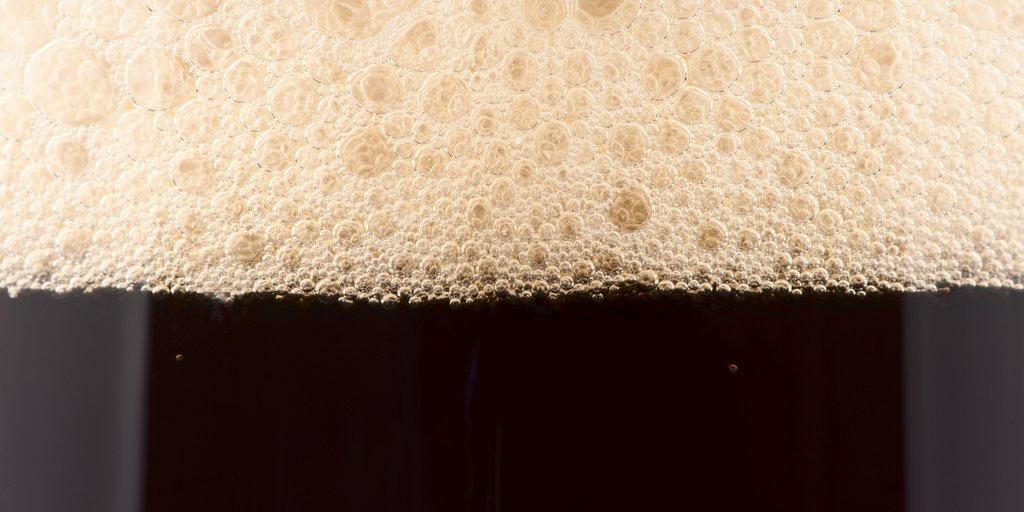
Like many old beer stories, porters and stouts have a hazy history together. Today, American craft brewers produce both stouts and porters, marketed and sold as individual styles and flavors, but what exactly are the differences in these two seemingly similar beers? Is a porter just a lighter, sweeter stout? Is a stout just a stronger porter? Is it all about roasted barley? Is it all about chocolate malts? What is the difference between porter and stout?
According to The Beer Connoisseur Online: “If we go back to the latter half of the 18th century and the first part of the 19th century, stout, more particularly brown stout, was simply the name for the strongest version of porter. Here’s a quote from a book called ‘A General Dictionary of Commerce, Trade and Manufactures,’ published in 1810: ‘Porter may be divided into two classes, namely brown-stout and porter properly so called … Brown-stout is only a fuller-bodied kind of porter than that which serves for ordinary drinking. A great deal of this is exported to America and the West Indies.”
Since porters are our Beer of the Month, we wanted to know the differences between stouts and porters in the minds of craft brewers, so we decided to ask three bigwigs of the craft brewing industry (Great Lakes Brewing, Cigar City and Founders). They provided some pretty interesting insights.
Luke Purcell, brewer & field sales quality specialist with Great Lakes Brewing Co. (Cleveland, Ohio)
“You can ask any number of brewers this question and get just as many different answers. The simple answer is that there really is no difference between the two. The porter style most likely derived from English brown ales and was named for the street porters, or carriers, in London at the time. The word stout was used to describe a stronger porter. Almost all porters that were brewed to be a bit stronger were referred to as stout porter. Eventually, the word porter was dropped from their names and the new style was born. I think that, these days, most brewers would agree that there is a huge crossover between the two styles. It gets even more clouded now with all of the different variations of each style. It really depends on the brewer to decide what he or she wants it to be. We brewed a winter stout once here at Great Lakes, and only after it was done fermenting one of the brewers suggested that it would sound better if we called it winter porter instead. It’s been our Alberta Clipper Winter Porter ever since.”
Dave Engbers, co-founder of Founders Brewing Co. (Grand Rapids, Mich.)
“There always seems to be a very gray line between porters and stouts. We all know the history, a stout was a bigger version of a porter. It gets very tricky for us because we brew the Founders Porter as a robust porter, so you can’t see though it. It’s as dark as any stout. The thing we talk about a lot is that our porter has absolutely tons of chocolate malt in it. It’s got a fairly complex malt bill. It’s brewed with a lot of Munich and crystal malt, so it’s often said that our porter is more of a stout. So we definitely see a gray line there. As you know, our beers have all evolved over the years. There was really an evolution in Founders beer, especially around 2001, where we became bigger and bolder. The porter was one of those beers that had been tweaked in a big way, so that might account for the variation in style.”
Wayne Wambles, brewmaster at Cigar City Brewing (Tampa, Fla.)
“If one were to go back in history and look at style origins, you would find that porter and stout are very similar beers. Stout used to mean strong or fortified beer and actually had nothing to do with color or a style per se. In order to segregate porter and stout, I do have my vision of what each of them are before we ever produce them. My approach to a stout would be to use a larger percentage of roasted barley. I subscribe to the never say never camp, so I can’t say that I would never put roasted barley in a porter but, under certain circumstances, I would consider it. Simply put, most people approach it from the perspective of stout being roasted barley-centric, which gives coffee to espresso aroma and flavor, and porter being more chocolate and mocha oriented by the use of chocolate malt.”

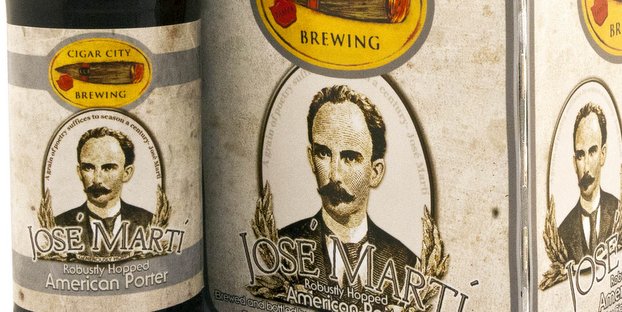
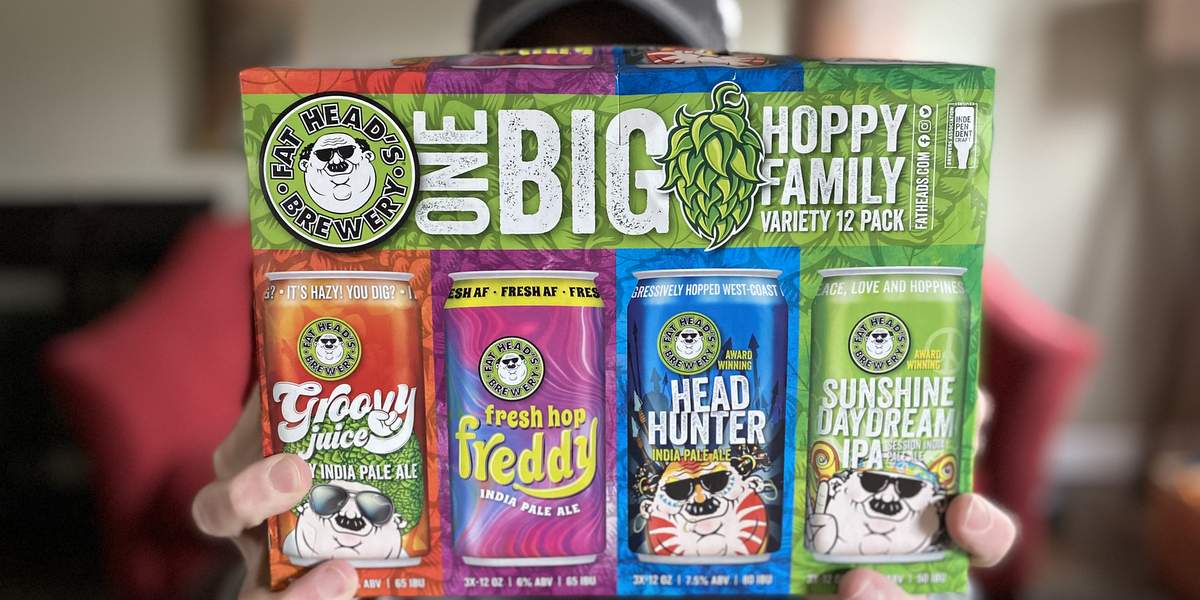
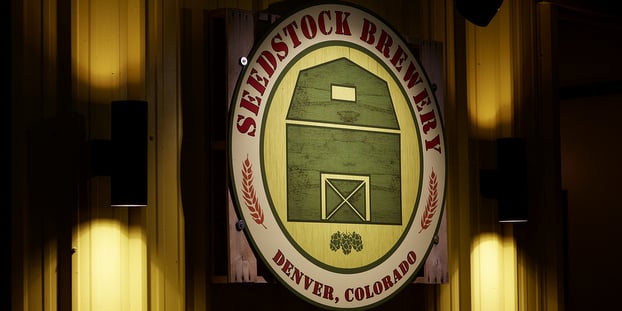
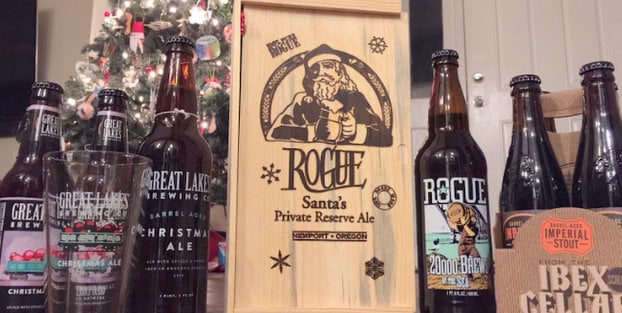

What is the difference between porter and stout? http://t.co/NdRXvtZj0O
RT @CraftBrewingBiz: Some #Sundayreading: What’s the difference between porter and stout? http://t.co/8nFGR9BcqC
RT @CraftBrewingBiz: Some #Sundayreading: What’s the difference between porter and stout? http://t.co/8nFGR9BcqC
RT @CraftBrewingBiz: Some #Sundayreading: What’s the difference between porter and stout? http://t.co/8nFGR9BcqC
RT @CraftBrewingBiz: Some #Sundayreading: What’s the difference between porter and stout? http://t.co/8nFGR9BcqC
RT @CraftBrewingBiz: Some #Sundayreading: What’s the difference between porter and stout? http://t.co/8nFGR9BcqC
RT @BeerPadawan: Ahh Beer – Reassuringly confusing! “RT @CraftBrewingBiz: Whats the difference between porter and stout? http://t.co/S2NK1t…
Ahh Beer – Reassuringly confusing! “RT @CraftBrewingBiz: Whats the difference between porter and stout? http://t.co/S2NK1t8u95“